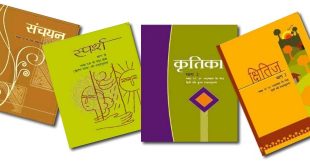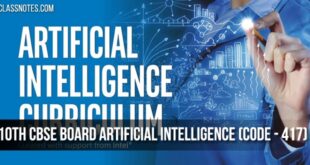Question: What are the transactions involving money?
Answer: The transactions involving money are:
- Goods are being bought and sold with the use of money.
- Services are being exchanged with money.
- Goods are also bought with a promise to pay money later.
- Money is sometimes paid as advance with the promise of delivery of goods later.
Question: What were the objects that were used before the use of currency?
Answer: As the need for a medium of exchange (currency) became a necessity different materials were used as currency. Initially Indians used grains and cattle as money. Before the introduction of coins, a variety of objects was used as money. Thereafter came the use of metallic coins — gold, silver, copper coins — a phase which continued well into the last century.
Question: What are Demand Deposits?
Answer: People with extra money deposit it in the banks by opening a bank account in their name. Banks accept the deposits and also pay an interest rate on the deposits. In this way people’s money is safe with the banks and it earns an interest.
People also have the provision to withdraw the money as and when they require. Since the deposits in the bank accounts can be withdrawn on demand, these deposits are called demand deposits.
Question: What is a cheque?
Answer: A cheque is a paper instructing the bank to pay a specific amount from the person’s account to the person in whose name the cheque has been made.
Question: What is Collateral?
Answer: Collateral is an asset that the borrower owns (such as land, building, vehicle, livestock, deposits with banks) and uses this as a guarantee to a lender until the loan is repaid.
Question: What is called the ‘terms of deposit’?
Answer: Interest rate, collateral and documentation requirement, and the mode of repayment together comprise what is called the terms of credit. The terms of credit vary substantially from one credit arrangement to another. They may vary depending on the nature of the lender and the borrower.
Question: How do cooperatives function?
Answer: Cooperatives have many members. It accepts deposits from its members. With these deposits as collateral, the Cooperative obtains a large loan from the bank. These funds are used to provide loans to its members. Once these loans are repaid, another round of lending takes place
Question: Cheap and affordable credit is crucial for the countries development. Discuss.
Answer: Cheap and affordable credit is crucial for the country’s development. The various types of loans or credits can be grouped as formal sector loans and informal sector loans. Among the former are loans from banks and cooperatives. The informal lenders include moneylenders, traders, employers, relatives and friends.
Banks and cooperatives give loans on a lesser interest rate than the informal sector. But bank loans require proper documents and collateral. Absence of collateral is one of the major reasons why bank loans are not available to small farmers and people who wish to start small industries.
Compared to the formal lenders, most of the informal lenders charge a much higher interest on loans. Thus, the cost to the borrower of informal loans is much higher. Higher cost of borrowing means a larger part of the earnings of the borrowers is used to repay the loan.
For these reasons, banks and cooperative societies need to lend more to the poorer section of people . This would lead to higher incomes and many people could then borrow cheaply for a variety of needs. They could grow crops, do business, set up small-scale industries etc. They could set up new industries or trade in goods.
At present, it is the richer households who receive credit from formal sources whereas the poor have to depend on the informal sources. It is essential that the total formal sector credit increases so that the dependence on the more expensive informal credit becomes less. Also, the poor should get a much greater share of formal loans from banks, cooperative societies etc. Both these steps are important for development.
 Class Notes NCERT Solutions for CBSE Students
Class Notes NCERT Solutions for CBSE Students





